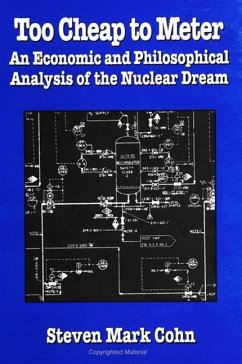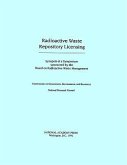Uses concepts from social theory to explore the history and future of nuclear power in the U.S. and to explore the nature of technological change in the U.S. economy. "This is an important history which should capture the interests of those concerned with what energy sources will be used in the next generation. Cohn achieves two goals, the history of the rise and fall of nuclear power as a dominant paradigm and also how such paradigms are socially constructed. He successfully brings together social science theory and engineering". -- David W. Noble, University of Minnesota This book weaves together nuclear power and social theory to explain the history and predict the future of nuclear power in the United States and to explore the determinants of technological change in the U.S. economy. The first half of the book looks at who promoted nuclear power, and how they did it, and why nuclear costs and hazards were systematically underestimated. The second half looks at current debates about the technology's future through the lens of its history. Among the topics addressed are debates over the safety and economics of future reactors, the merits of new kinds of nuclear power reactors, the economics of non-nuclear energy options, and the implications of potential greenhouse constraints on fossil fuel use for nuclear power. "An impressive piece of work, important on its own and also an outstanding case study in technological hubris and failure". -- Harvey Wasserman, Greenpeace
Bitte wählen Sie Ihr Anliegen aus.
Rechnungen
Retourenschein anfordern
Bestellstatus
Storno







![On the Measurement of Water by a Small Venturi Meter [microform] On the Measurement of Water by a Small Venturi Meter [microform]](https://bilder.buecher.de/produkte/66/66193/66193651m.jpg)